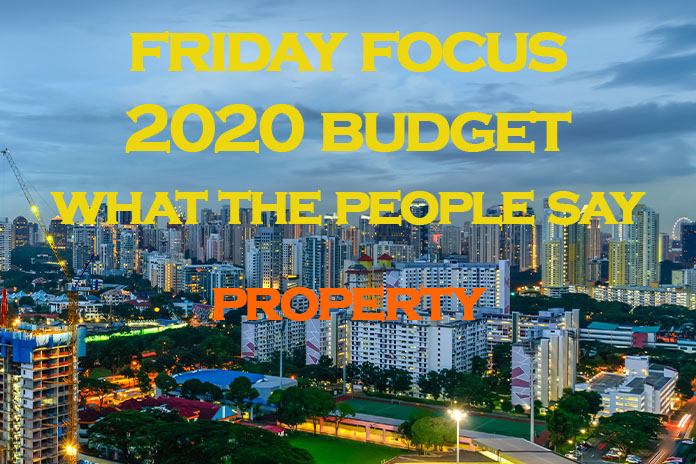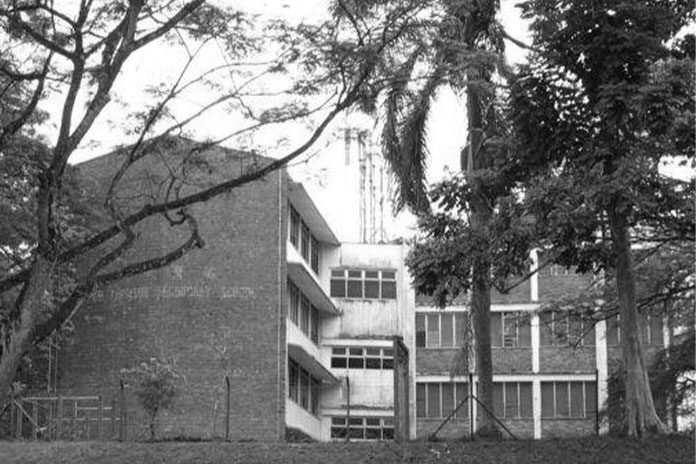
BIG and small businesses view budgets differently.
How does Dr Stephen Riady of OUE view the Budget 2020 announcements, and what does Ku Swee Yong of International Property Advisor have to say? And how will the taxes affect businesses, asks chartered accountant K.C. Lau.
A Measured Response
Dr Stephen Riady, Executive Chairman & Group CEO, OUE Limited
This Budget has a measured and targeted slate of initiatives to address the short-term challenges we are currently facing as well as building capabilities for the future.
Our hospitality and related businesses have been badly hit by Covid-19. We have taken steps to reduce variable costs amidst sliding revenues, and the Stabilisation and Support Package will be helpful.
We will also continue to position our business for the long term, and this Budget supports our efforts such as the upgrading of our people to reap the benefits of future growth.
Some measures to mitigate the impact of Covid-19 are short term, so if the crisis extends beyond mid-2020, additional off-budget measures may be needed and current ones tweaked, for example increasing the cap for the Job Support Scheme beyond 3 months, and raising the cap for the Temporary Bridging Loan Programme beyond $1 million.
After this… Some imaginative suggestions from Ku Swee Yong
A Puzzling Budget
Ku Swee Yong, CEO, International Property Advisor
This Budget puzzles me as the owner of a small business.
I welcome the additional funds in our Skills Future accounts and some rebates for keeping Singaporeans hired. However, while giving tax rebates seems very generous, many SMEs will likely be struggling with cashflow and trying to minimise losses to stay alive. The tax rebate will not be useful for most. And the 15% cut in property tax does not apply to office use.
On the point of reskilling and transforming businesses, some budget could be dedicated to the transformation of the civil service, such as reducing the number of ministries, statutory boards and companies held by the statutory boards.
Transformation at the “whole of government” level, to create a leaner and more efficient government will benefit businesses in terms of efficiency and reduced costs. It will also release manpower into the labour force that will alleviate the reliance on foreign labour.
A S$5 billion fund is set up to prevent damages that might be caused by rising sea levels. Climate change is happening all the time, but whether sea levels might rise or fall is anyone’s guess.

However, the aging population is a certainty. I wish to see $500mil being put into refurbishing 10 abandoned schools into old age homes and accommodation for retirees.
If we could do that every year for the next 5 years, with each converted abandoned school providing 300 studio units, there will be 15,000 studio units for retirees co-living in 50 communities across Singapore.
Finally, about protecting the environment and encouraging the use of electric vehicles, the target for phasing out combustion engines over 20 years is such a half-hearted move. Here, I note with interest that a big concern about having 100% EVs is the potential loss of S$1 billion of excise duties on petrol (not including the GST applied on the excise duties). This is probably evidence why Singapore has been dragging its feet over installing more renewable energy sources, such as solar, wind and tidal.
The fact that Exxon and Shell are two of the largest investors in Singapore probably added a ball and chain around our feet on renewables.
To support EVs on the roads, we will increase the number of charging stations from 1,600 today to 28,000 by the year 2030. That is not a very smart approach for a smart city like ours. Battery swapping for buses, cars and motorcycles are available.
By the year 2030, battery swapping might become the preferred method for charging EVs and our investments in charging stations would then be for nought.
Adjust The Tax Levels
K.C. Lau, Chartered Accountant, Public Accountant, Chartered Tax Adviser, K.C. Lau & Co.
A VIRUS outbreak would normally trigger a property tax rebate to all commercial buildings, but it turned out not to be the case this time. Instead, the rebate is targeted at those properties hardest hit by Covid-19 such as hotels, retail shops, hawker stalls, the airport and the two integrated resorts.
As the outbreak of Covid-19 occurred just a few weeks before the budget announcements, it gave the government the opportunity to review its budget proposals. Among others, the widely expected GST hike did not happen this year.
Indirect taxation such as GST is a consumption tax and affects everybody, whether rich or poor, so long as you’re in Singapore.
Any GST hike is likely to be permanent in nature whereas GST vouchers and any relief, no matter how substantial, are temporary in nature.
Although the government has put in place an assurance package for GST, the sandwich class — 60% of the population — will still be the hardest hit by any GST hike.
A better option to help this particular group is to substantially reduce the personal tax by enhancing the personal income exemption level from $20,000 to $40,000 or more when the hike is implemented.
This will bring the lower income group out of the tax net and the sandwich class out of the feeling of being squeezed in between.
Links to all the Budget 2020 reaction articles:




















